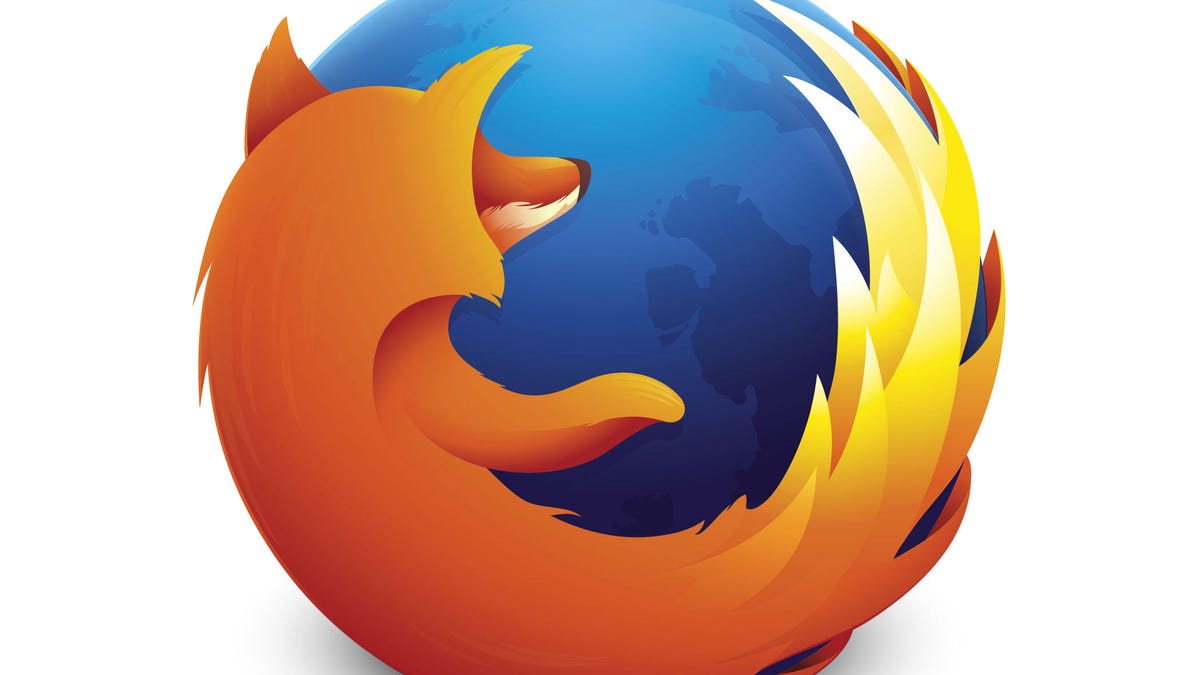With Electrolysis, Mozilla hopes to zap speed and stability into Firefox
The browser begins matching important advantages of rival Chrome, and Mozilla says it'll do so without sponging up so much of your computer's memory.

With Electrolysis, Firefox should feel more responsive.
Mozilla has begun shipping a new version of Firefox designed to improve core technology that is essential to keeping users loyal in a fiercely competitive browser market.
Through a Firefox project called Electrolysis, "users should experience a Firefox that is less susceptible to freezing and is generally more responsive to input," said Nick Nguyen, Mozilla's vice president of Firefox, in a blog post Tuesday. But Electrolysis can cause problems with add-ons people install to customize Firefox, so Mozilla is only sending the upgrade to Firefox 48 users gradually, starting with just 1 percent of those using the browser on personal computers.
Firefox, which reignited the browser wars a decade ago by taking on Microsoft's Internet Explorer, now is struggling with the increasing might of Google's Chrome. Mozilla is working feverishly to improve its core technology, though, with projects like Electrolysis and the Servo browser engine.
One of Chrome's early features was a design that split various browser into separate computing processes, an idea that spread to most other browsers. Why? It means one part of the browser struggling with a lot of work won't bog down other parts.
For Firefox, though, that separation also breaks some add-ons written with technology Mozilla is phasing out. The non-profit organization is tracking the effort to fix them so online form-fillers, ad blockers, video downloaders and other add-ons can still be used. Add-ons were one of the reasons people switched from IE to Firefox, so this is a tricky part of the transition.
With today's Electrolysis change, Mozilla split the part of Firefox that runs website content from the part that registers mouse clicks and keyboard taps. This should make the browser feel more responsive. Later this year, websites will be further isolated through a security technology called sandboxing that restricts what malicious websites can do. In the first half of 2017, it'll often isolate websites from each other so one heavily taxed page won't slow down others, Nguyen said.
This is all following in Chrome's footsteps, but Mozilla thinks Firefox will do it better. Separate processes take up more memory, but "multiprocess Firefox still uses half the memory of Chrome with the same sites loaded," Nguyen said in an interview. "We expect the memory footprint advantage to persist."

